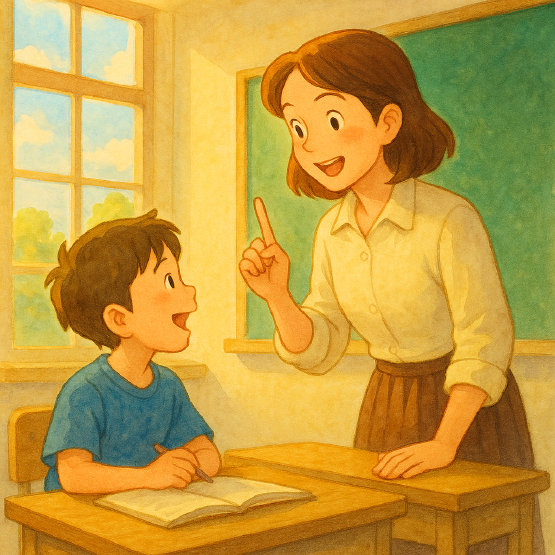The foundation of democracy, 'freedom of expression' and 'the public nature of education'
Lee Jae-myung's educational promises
The recent statements and policy proposals of Lee Jae-myung, the presidential candidate of the Democratic Party, carry a deeper meaning beyond mere educational pledges. They offer an opportunity to seriously reflect on the freedom of expression and the public nature of education, which are the foundations of democracy. Marking Teachers' Day, he emphasized that teachers should be respected as members of a democratic society and stated his commitment to guaranteeing the freedom of political activities outside working hours. This raises the issue of the political silence obligation imposed on teachers in relation to the current National Public Service Act and is an important statement calling for the restoration of civil rights guaranteed by the Constitution.
Concerns about Teachers' Political Activities and the Neutrality of Education
There are still various concerns and opposing voices regarding this proposal. Some worry that if teachers engage in political activities, the neutrality of education will be compromised. There is also concern that certain ideologies could be instilled in students. However, the question we really need to reconsider is, 'What is education?' Education is not just the imparting of knowledge it is a process that cultivates students' ability to think and make judgments independently.
The Essence of Education and the Rights of Teachers
Depriving teachers of their 'freedom to think' and 'freedom to express' institutionally contradicts the requirement for students to make their own judgments. Teachers are forced into political silence, and children are compelled to focus only on their exam answers without understanding society. It raises the question of what kind of democratic citizens can actually grow in such an environment. Freedom of expression is not merely the right to speak, but the right to think as a dignified human being. Democracy is a process in which diverse thoughts clash and understanding is fostered.
Educational Ethics and Teacher Freedom
There are certainly aspects that must be approached with caution when a teacher influences students with political statements from the podium. However, this can never serve as a basis to fundamentally prohibit freedom of expression. Legally restricting a teacher's activities outside of working hours treats humans as mere components of a system and reflects an intention to control their thoughts as well. We teach children to ask questions freely and educate them to respect differing opinions.
The true meaning of neutrality
The true neutrality of education is not about banning everything, but about creating a space where all thoughts can exist. Children who grow up in such an educational environment can develop into 'awakened citizens' who can judge and form their own values. Candidate Lee Jae-myung's remarks remind us of the society we dream of, beyond the restoration of teachers' rights. A healthy democracy is characterized by a society that embraces the courage to speak and the patience to listen, rather than a silent calm.
The path we must choose.
Now we stand at a crucial crossroads. We must choose whether to force silence upon teachers or to restore their rights as citizens. This choice ultimately determines the kind of world our children will grow up in. Only under teachers who can speak freely can children who think freely grow. And the future they will create should not be filled with silence, but with awake voices, forming a true democratic society.

Post a Comment